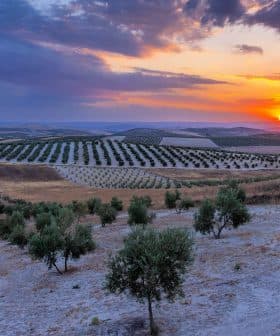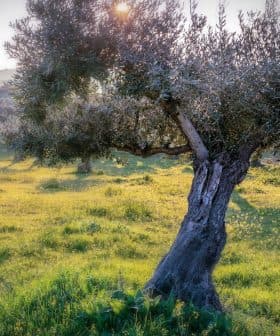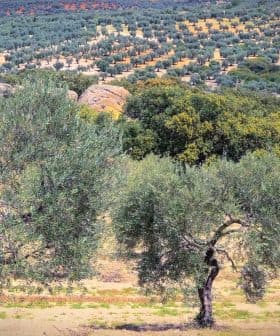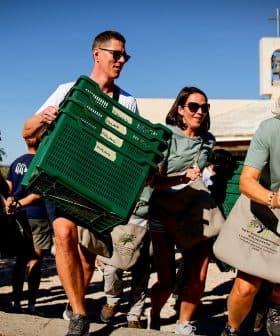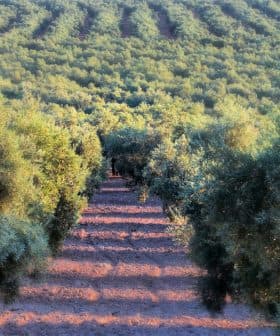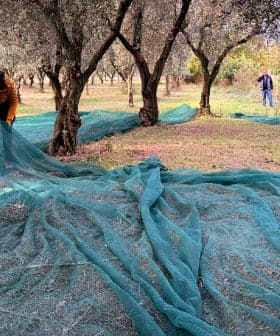Spanish Olive Growers Replacing Century-Old Trees With Young Ones
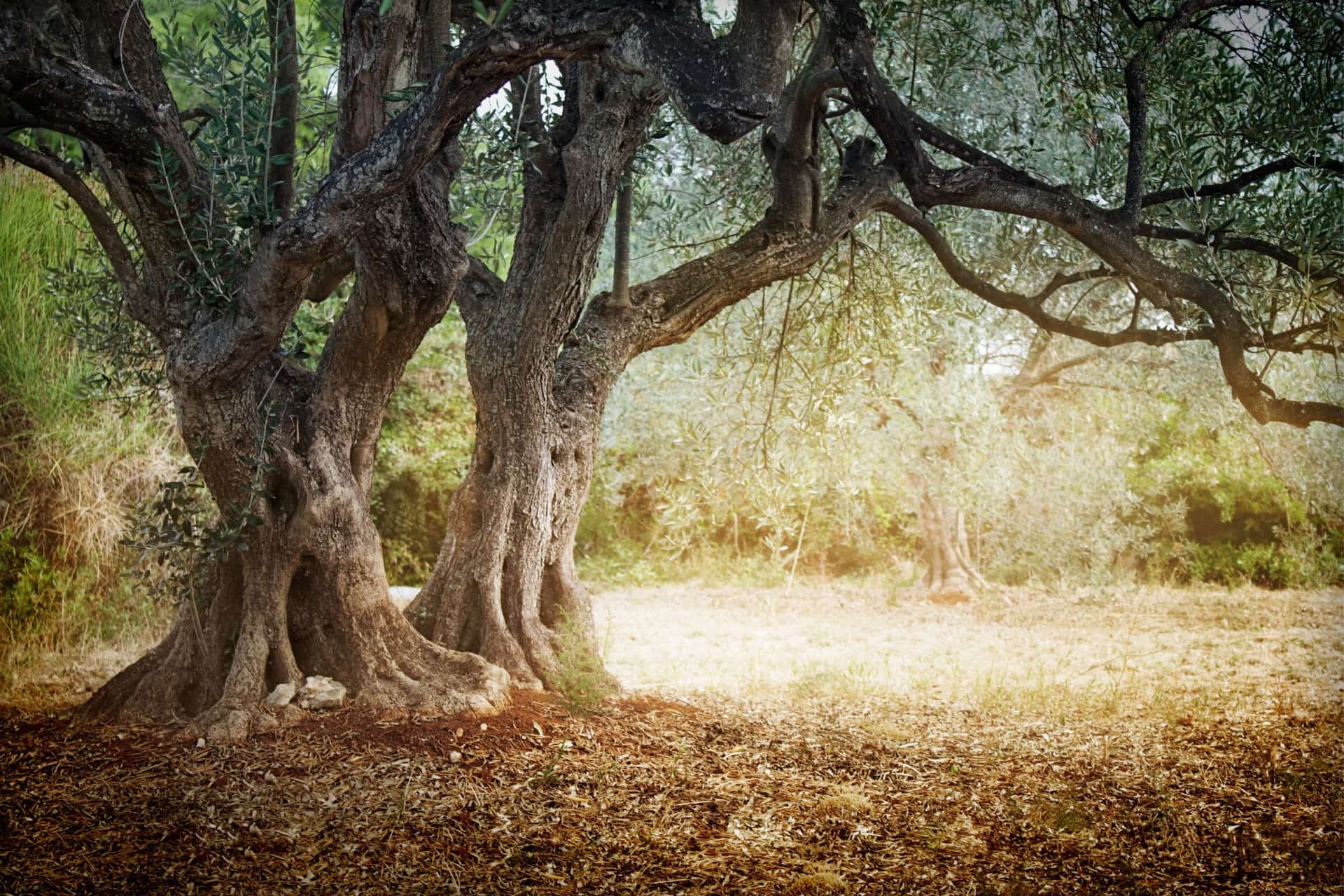
Spanish olive growers are cutting down older trees to move to high-density farming due to increased competition from outside the Mediterranean, where modern techniques threaten the status quo. Small olive farms in Spain are struggling financially, with many unable to cover their costs, and there is a push towards restructuring olive groves to keep up with international markets such as Australia and the United States.
In a bid to cut costs and move to high-density farming, Spanish olive growers are cutting down and selling older trees as garden ornaments or firewood.
The move comes as a result of increased competition from outside of the Mediterranean, where modern techniques and younger, more productive trees are threatening the status quo.
Olive growers are increasingly aware that our future lies in the differentiation of our olive oils and in transmitting to consumers the social and environmental impacts that are at stake behind each liter of olive oil.
“It is a shame about these century-old olive trees, but I have to cut them to move to intensive farming,” said Juan Antonio Galindo, the owner of a farm near Seville. “These olives have cost me €68 per kilogram and, in intensive, it works out to €15. The difference is huge.”
It is estimated that 70 percent of small olive farms in Spain cannot cover their costs.
See Also:In Bid to Boost Exports, Algeria Plants Millions of Olive TreesAccording to Rafael Pico Lapuente, the executive director of the Spanish Association of Olive Oil Exporting, Industry and Commerce (Asoliva), more than two-thirds of Spanish olive oil producers are small-scale operations that often rely on traditional farming methods.
He believes there will be a restructuring of these olive groves to keep up with markets such as Australia and the United States, where intensive olive farming is increasing. However, when and how this takes place on a larger scale in Spain remains to be seen.
“It is not the majority who are uprooting century-old olive trees to farm intensively,” said Cristóbal Cano, the secretary-general of Spain’s Union of Small Farmers and Ranchers, adding that many are embracing these ancient trees and the history behind them.
“I believe that olive growers are increasingly aware that our future lies in the differentiation of our olive oils and in transmitting to consumers the social and environmental impacts that are at stake behind each liter of olive oil,” he added.
It is a similar story in Italy, where older olive trees are prevalent and small-scale olive growers are the norm, with 97 percent of olive farming businesses owned by an individual. The future for small-scale olive growers everywhere will lie in their quality and consumers’ appreciation of traditional farming methods.


